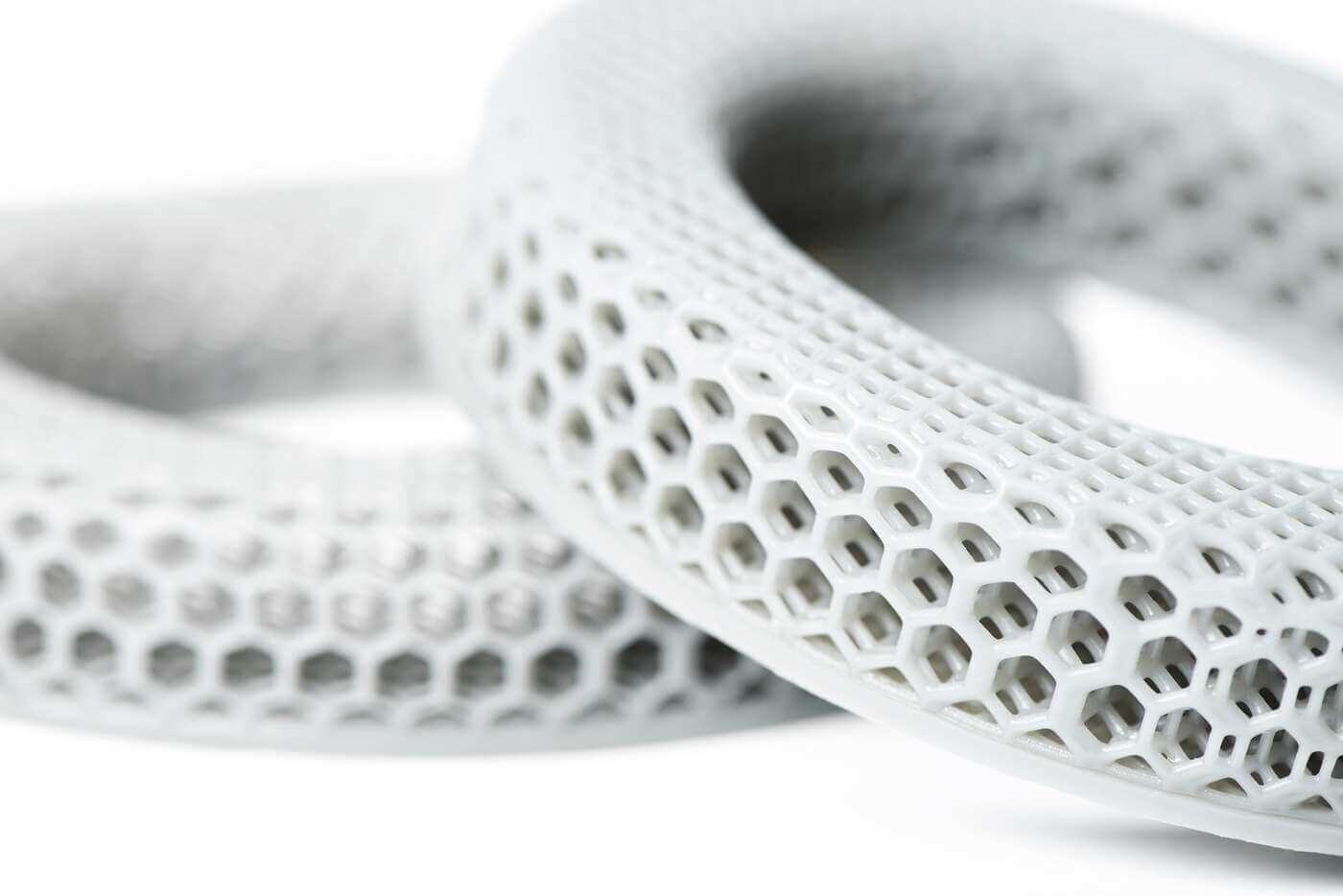CommunicationShipping & Tariff CostConfidentiality & ITARQualification All in One Place
Four Advantages Of Utilizing A Domestic Tooling Source:
Elite Mold & Engineering – Domestic Tooling Experts

Recent Posts
Addressing the Common Design Issues in Injection Molding Plastics
At Elite Mold & Engineering, we try to ensure the success of every injection molding project by addressing any design issues well before production is underway. Our integrated prototyping and product development services bring any potential issues to light, while...
Rapid Injection Molding: An Increasingly Crucial Service for Supply Chain Sustainability
Rapid injection molding is one of the key ways that American manufacturers have risen to the challenges of today’s global supply chain. It’s no secret that most plastic products are made in China. Traditionally, when customers thought of molded plastics, Chinese...
Rapid Prototyping Techniques Compared: Injection Molding, 3D Printing, and CNC Machined Prototypes
Elite Mold & Engineering specializes in three of the most flexible high-speed prototyping services on the market: rapid injection molding (RIM), 3D printing, and low-volume CNC machining solutions. Each of the three processes comes with its own set of unique...
A Guide to DLS 3D Printing Technology – How It Works, Materials, and Advantages
Digital light synthesis, or DLS 3D printing is one of the many emerging methods of additive manufacturing. A uniquely advanced VAT polymerisation process, DLS produces full-density plastic parts and prototypes with fine detail and excellent surface finishes. DLS 3D...
We’ll delve further into the specifics below, but the short version is that the STL format is the most efficient way to model a 3D structure for the additive manufacturing process.
STL Files vs. CAD Files
STL files are often compared and sometimes confused with the commonly-used CAD file type. Short for stereolithography (as well as the backronyms Standard Tessellation Language / Standard Triangular Language), STL files were specifically developed for compatibility with additive manufacturing systems.
In contrast, CAD (computer-aided design) files create 3D models of parts for use on various machining systems, in metalworking, in custom molding, etc. CAD files precisely describe the surface structure and geometry of the part, but not in the most efficient terms for 3D printers (i.e. triangular tessellation).
The Basics You Need to Know About STL Files for Your 3D Printed Parts:
Modeling Each Part as a Triangular Mesh
As mentioned above, STL files describe the 3D model of your part as a collection of interconnected triangles. Analogously, the triangles are built up and linked together like tiles on a floor or shingles on a roof – except it’s a far more complex form of tessellation.
If you picture the way 3D printers deposit materials, you can maybe imagine why a structure of triangles works efficiently: the machine essentially “slices” the part into thin 2D layers as it processes instructions in order to interpret the 3D model.
A Closer Look at Those Triangles
Each triangle is defined by three vertices within 3D space. Every vertex has X, Y, and Z coordinates specified in the STL file. These coordinates essentially create boundaries for the 3D printed material once the machine is running, and ultimately reproduce the shape of the final part.
Each triangle in an STL file also has a specified normal vector perpendicular to the plane, which indicates its orientation in space. Normals are crucial for determining precise orientation of the front and back side of each triangles to ensure complete accuracy.
The Importance of Your Mesh Resolution
The quality of each 3D printed part largely depends on the resolution of the triangular mesh described in the STL file. A higher resolution results in a more accurate representation of the original model. However, the downside is that higher resolution also leads to larger file sizes, slower printing speeds / less throughput, and the potential for more manufacturing errors.
Solid and Shell Structure Parts
STL files can represent both solid and shell structures, basically for solid or hollow plastic parts. In a solid STL file, the triangles define the outer surface of the part as a closed 3D shape. In a shell STL file, the triangles represent a surface without defining the enclosed volume, which is ultimately hollow.
Manifold or Solid Surface Geometry
A proper STL file should define the surface of the part as a manifold geometry – a solid, uninterrupted surface. Non-manifold models tend to cause issues during production because the holes or gaps cannot be sliced properly by the printer.
Units, Scale, Color, and Texture
STL files do not inherently contain information about units or scale. It’s therefore essential to export the 3D model with the correct scale. STL files also generally lack information about part color or texture, so these details must be otherwise specified.
The Michigan Region’s Leading Additive Manufacturing Specialist
Elite Mold & Engineering is one of Michigan’s leading manufacturers offering custom 3D printing services. Established in 1982, we’re backed by more than four decades of delivering superior quality plastic products made in the USA.
Communication
Confidentiality & ITAR
No Additional International Shipping or Tariff Cost
Qualification All In One Place
Let Elite Become Your Preffered Domestic Tooling Partner
Discover the multitude of benefits when you choose a domestic tooling source. With our expertise, experience, and commitment to quality, we provide a multitude of key advantages that will streamline your operations. Our local presence ensures seamless communication, offering you the convenience of direct and efficient collaboration. Elite’s stringent quality control measures guarantee precision and reliability, delivering top-notch tooling solutions tailored to your specific needs. Also, by choosing a domestic source, you support local businesses and contribute to the growth of your community. Our quick turnaround times ensure that you stay ahead of the competition, enabling you to meet even the tightest project deadlines. Embrace the numerous advantages of a domestic tooling source and watch your productivity soar.